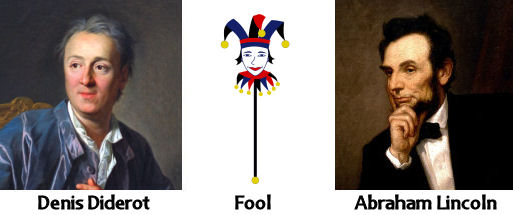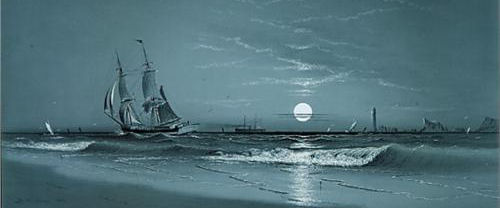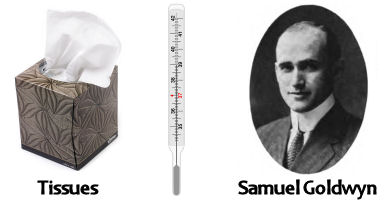George Carlin? Maya Angelou? Vicki Corona? Hilary Cooper? Kevin Bisch? Will Smith? Philip James Bailey?
Question for Quote Investigator: The following inspirational quotation has been attributed to a wide variety of people:
Life is not measured by the number of breaths we take, but by the moments that take our breath away.
I doubt that this was coined by George Carlin or Maya Angelou though I have seen those ascriptions. Who do you think should be credited?
Reply from Quote Investigator: The earliest evidence known to QI appeared in 1989 in a book for dancers titled “Tahitian Choreographies” by Vicki Corona:1
Yes, there are so many grueling details and rehearsals to agonize over, but the dances and music of Tahiti add a happy, healthy dimension to our lives! Remember that life is not measured by the number of breaths we take, but by the moments that take our breath away! Dancing can do that for you!
The above citation was uncovered by the author Phil Bolsta who was writing a book which included a large number of quotations. Bolsta admirably performed extensive research attempting to pin down the sources for the quotations in his book. Bolsta stated on his blog that he contacted Vicki Corona directly to explore the origin of the saying in her book:2
I was shocked to find this popular quote in a 1989 thirty-two-page booklet on Tahitian dance. I called Vicki Corona on April 17, 2012, and she said that, to the best of her knowledge, the quote was hers because she always wrote original material for the series of dance booklets she produced. However, she acknowledged in a follow-up e-mail: “While I doubt it, there is a possibility that I may have heard that verbiage before and simply went with it, or maybe it just came out from the labyrinths of my mind. Since you’re a writer, also, you know how that works when you’re in the ‘zone’.”
Hence, there is some uncertainty about the origin of this quotation in the mind of the person who employed it in 1989.
Here are additional selected citations in chronological order.
Continue reading “Quote Origin: Life Is Not Measured By the Number of Breaths We Take, But By the Moments That Take Our Breath Away”

